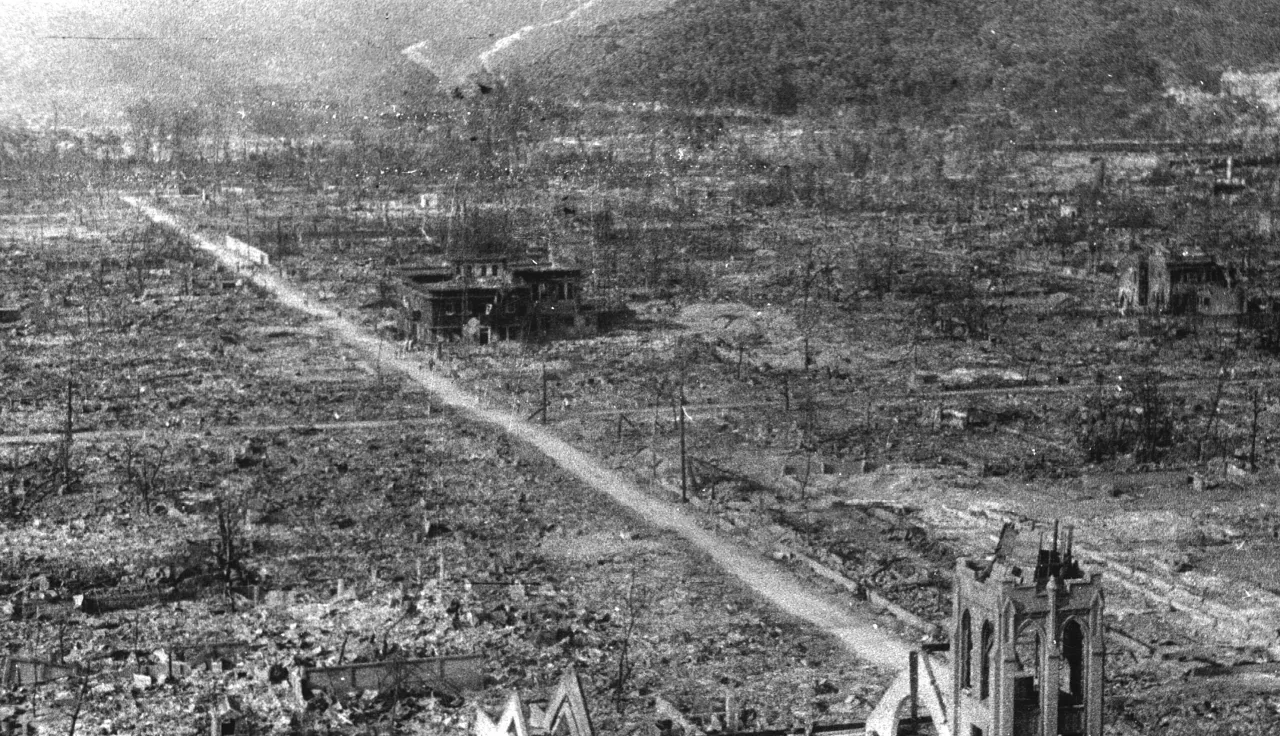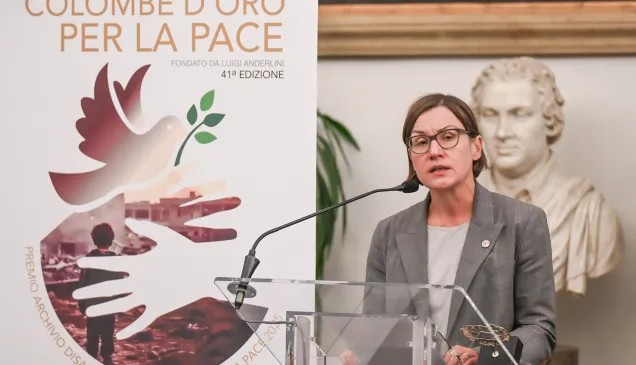View of the ICRC on interpretation of the Treaty on the Prohibition of Nuclear Weapons

Debates about the Treaty on the Prohibition of Nuclear Weapons (TPNW) have raised a number of questions with regard to the interpretation of some of its provisions. The ICRC is pleased to make available its analysis of three provisions in particular and of the issues these raise: the prohibition of assistance and obligations related to safeguards, victim assistance and environmental remediation.
Since 1945 and the catastrophic bombings of Hiroshima and Nagasaki, the ICRC and the International Red Cross and Red Crescent Movement have been calling for the prohibition and complete elimination of nuclear weapons, the most destructive means of warfare ever created. The TPNW adopted by 122 States in 2017, a historic achievement, represents a decisive step in this direction and an indispensable, long-awaited building block toward a nuclear-weapon-free world.
The adoption of the Treaty was driven by the compelling evidence of the suffering on a massive scale that would be caused by the use of nuclear weapons, in terms of their immediate and long-term effects on people, societies, health-care systems and the environment. The Treaty not only clearly and comprehensively prohibits nuclear weapons, in line with the Nuclear Non-proliferation Treaty (NPT), but also provides pathways for their elimination. The ICRC has called on all States to adhere to the TPNW without delay, thereby sending a clear signal that any use, threat of use or possession of these weapons is unacceptable in humanitarian, moral, and now legal terms.
Prohibition of assistance
Under the TPNW, States are obliged never to assist, encourage or induce, in any way, anyone to use, possess, develop, test or transfer nuclear weapons or to engage in any other prohibited activity. This important prohibition was deliberately crafted in a broad way, but consequently there have been a number of questions regarding its scope. The briefing note on assistance provides guidance on determining what would constitute prohibited assistance, encouragement or inducement under the TPNW.
Obligations related to safeguards
"Safeguards" are technical measures administered and monitored by the International Atomic Energy Agency (IAEA) that aim to ensure that nuclear material and technology is used for exclusively peaceful purposes, and not misused or diverted for nuclear weapons activities. The Nuclear Non-Proliferation Treaty (NPT) obliges non-nuclear-weapon States parties to accept such measures. The TPNW contains general provisions on safeguards which have been criticized by some as weakening the existing regime. The briefing note explains why these provisions are not only appropriate in light of the TPNW’s object and purpose, but can also – far from undermining it – contribute to strengthening the existing safeguards framework.
Victim assistance and environmental remediation obligations
The TPNW requires states parties to take measures to assist victims and remediate the natural environment affected by the use or testing of nuclear weapons, through a framework of shared responsibility. This briefing note outlines the views of the ICRC on the scope and interpretation of the relevant TPNW provisions and their implications for states parties, in order to inform their efforts in this respect.
Victim assistance and environmental remediation obligations - Briefing note
Read more



